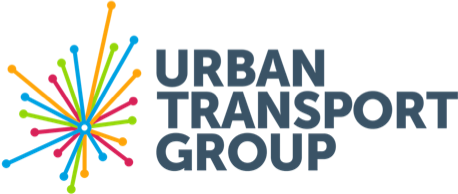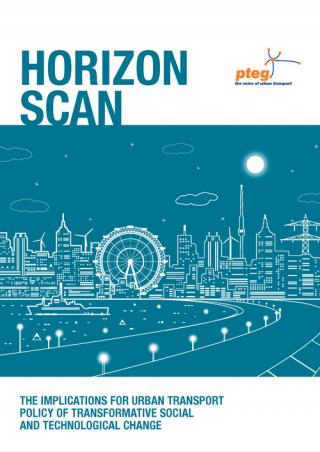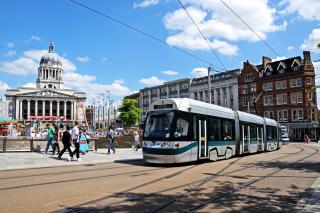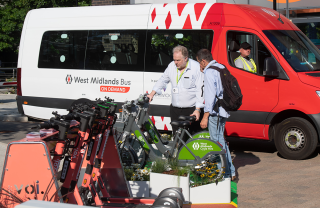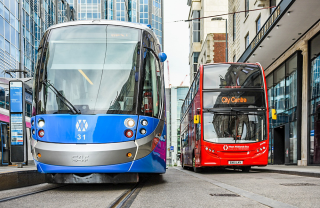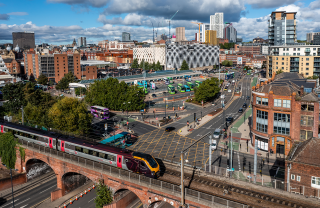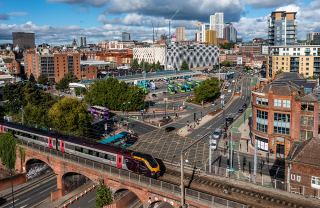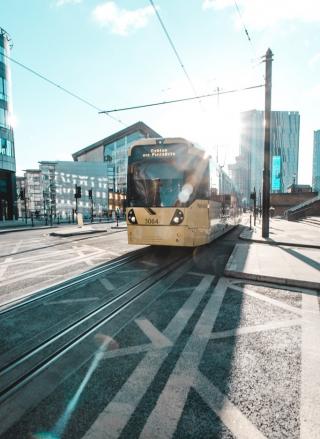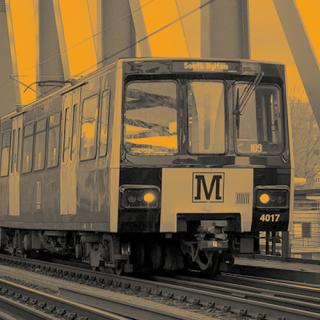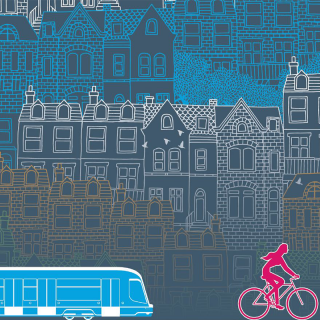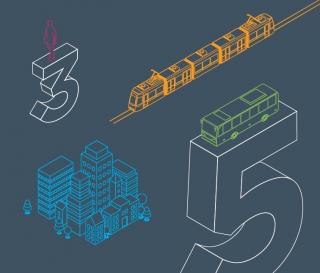Tram
The return of the tram to our city streets has been a major success story. Find out how we are working to bring the benefits of modern light rail systems to more of our urban centres.
Leading light - what light rail can do for city regions
Light rail is now playing a bigger role in the life of British towns and cities than since the heyday of urban tram systems between the First and Second World Wars.
Light rail briefing
What is light rail and why should we build light rail schemes? Our briefing answers key questions on this high capacity, fast, frequent and cost effective mode of transport.
Public transport’s funding crisis – and how to fix it
This short read briefing gives an overview of the current funding challenges faced by local public transport and what Government should do to address them.
The role of LRT during and after the pandemic
This factsheet sets out examples and statistics on the key role that light rail has played in getting key workers where they need to be during the pandemic and the essential role it will have in building back better afterwards.
